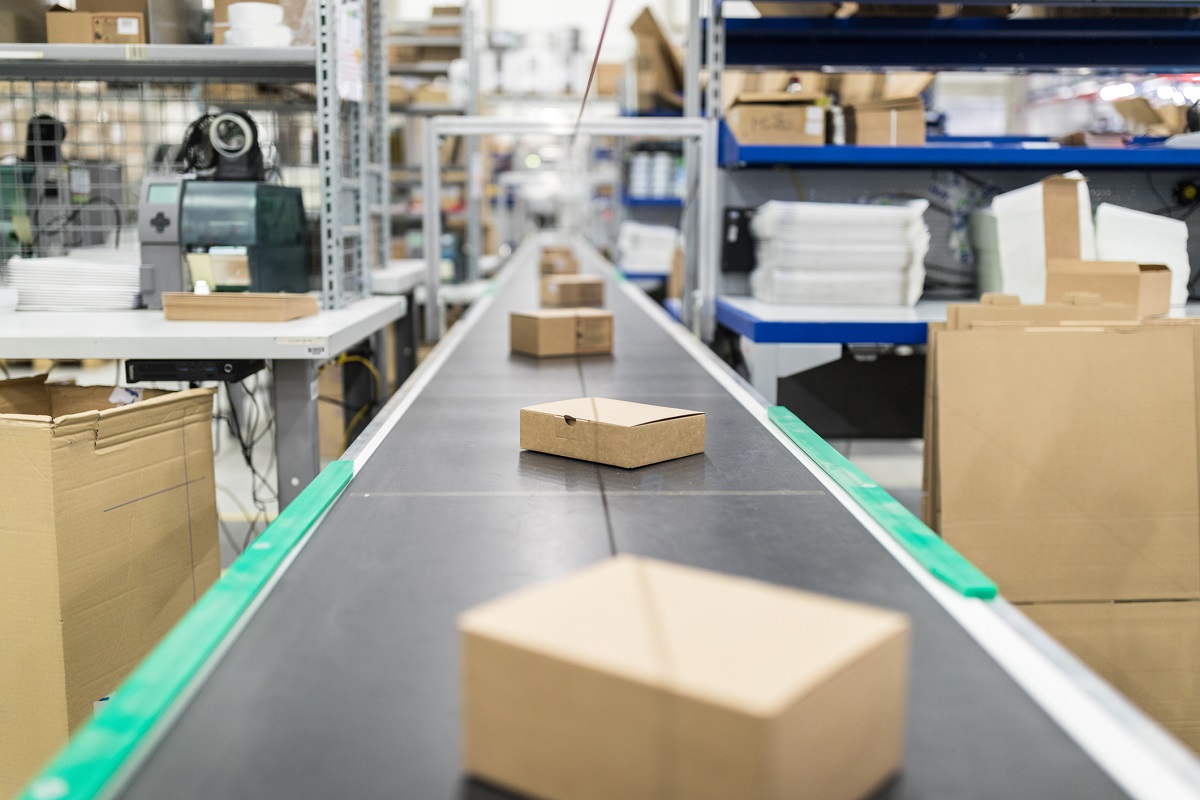Blockchain technology might be closely linked with cryptocurrency like Bitcoin, but the technology is also having a good effect on the supply chain.
Packagers use blockchain to enhance package tracking, boost security, and better accommodate the call for supply chain transparency.
Blockchain is a decentralized distributed ledger using a P2P (peer-to-peer) network, letting users add “blocks” logging actions and transactions.
Advertisement
There could be several ways how blockchain might affect the packaging industry. It is estimated that there could be three areas packaging industry could feel the impact of blockchain.
Those three areas would be:
● Tracing, tracking packages
● Facilitating consumer awareness
● Safeguarding brands from counterfeit production
It is suggested blockchain technology is poised to have a rapid adoption rate, as advances seem to make it simpler to access the technology.
Historically, keeping tabs on packages depended on physical paperwork and security measures traveling with the products. Blockchain alters the paradigm, letting packages communicate with the web, end-users, and the supply chain itself.
Instead of packing slips and bills of lading giving assurance, serial numbers, barcodes, RFID, additional security features, and other steps are now used to convey authenticity. As technology continues producing capabilities, QR codes and smartphones are also greatly doing direct engagement between buyers and product packaging.
Product packaging serves several functions; one of its most vital roles is informing consumers. As the call for broader transparency continues gaining momentum, consumers’ urge for product knowledge and provenance seems unquenchable. It is thought as many as 50% of buyers want more information about the products they purchase.
Responding to the consumer mandate, blockchain is boosting up labeling data, making more opportunities for manufacturers to connect with buyers.
Further, Blockchain adds efficient traceability of packaging to Food Supply Chains. In supply chain applications it could also be used on the packages to communicate electronic data interchange (EDI) codes and more.
Since the checkpoints become paperless and any product-related information required can be accessed on the spot.
Whereas tracking the origins of food-borne illness once took days or even weeks, it can now be checked almost instantaneously by just scanning a barcode or QR code. It is also worth noting that with blockchain, records can never be tampered retroactively, which means the entire information on the ledger is by default authenticated.
Given access to the scannable codes, end users will soon be able to authenticate every one of your brand promises by merely pointing their phone at your packaging. Blockchain, more so than any other technology prior to it, is an incredibly useful tool for forming a brand trust.
Having blockchain driving supply chain, your packaging becomes a new sort of brand ambassador—one not bound to corporate claims or the end line.
(By Mr. Gaurav Jalan, Founder of Packman Packaging)
Advertisement











